Laurel Hubbard, a transgender woman, sparked a debate about transgender competing, after competing in the 2020 Tokyo Olympics.
So here’s the thing, and no, I’m not making a slur against transgender athletes, just to make that clear for anyone that’s easily offended. There’s a huge argument over the idea of allowing transgender athletes into any sport at this moment, and the Olympics is a big deal since allowing an individual that was born a male to compete in something this grand has managed to piss a lot of people off in a very fundamental way.
If you didn’t bother watching the Olympics and haven’t watched the news in a while. Hey, I don’t blame you, there’s too much crap going on to focus on anything but our own lives at this time. But hear me out for a little bit, and I hope you’ll listen long enough to realize it’s not about dividing people, it’s about giving everyone a chance.

Transgenders & Who They Compete With
The Olympics stands as a huge issue when talking about transgender athletes since it has to do with the highest honor an athlete, ANY athlete, can achieve. This is the top spot, the event that the world actually watches as one most times, and therefore it’s a much grander stage than say, the UFC, or tennis, or anything else that might also count their viewers by the millions.
Unfortunately, it doesn’t appear as though attention is really the problem since the biggest issue is who transgender athletes are allowed to compete against. Right now the issue is in flux, since transgender athletes in the Olympics have been competing and, in the case of transgender women, outperforming their female competitors quite often.

Olympics Transgender Rules
Back in the day, a Trans athlete needed to have bottom surgery to compete. Bottom surgery means transforming the genitalia – which is usually during the late stages of transitioning.
Since 2015, the IOC had announced t’s no longer the case, in order to compete you need:
- low testosterone levels for 12 months.
- Declaring the chosen gender legaly for at least 4 years.
That’s all that’s needed for one to be considered transgender and to compete in the desired gender. Genitalia is no longer what the Olympics committee looks at when considering gender.
The IOC is still undecided – as they know that testosterone levels can lower in men and rise in women, and new standards will probably be announced soon.
The question of how do you define gender? Hormones and wishes? bottom surgery? Clothes and makeup? What if some people who are gender-fluid wish to compete one day as men, and some days as women?
A League of Their Own
Yes, it’s an old argument, and yes, taking the required medications to lower testosterone is still a discussion, but it’s kind of obvious that this isn’t working to diffuse the differences between those who support transgenders in women’s sports and those who don’t. So why not form a transgender league?
Allow Transgenders into the Olympics without hesitation, they’ve worked for it just like anyone else, but give transgender folks their own designated spot, just as men and women have theirs. Is there anything truly wrong with that? For years upon years, women and men have thrived in their own space, side by side in the Olympics, supporting one another, cheering each other on. I wonder if transgender athletes are afraid if their support would suddenly drop off if they were given their own league? Quite honestly, I do believe their support would remain, and possibly grow stronger. They are accomplished athletes that deserve recognition, but a fair one that doesn’t attribute winning to genitalia or hormones.

Giving transgender athletes their rightful place for their hard work
I’ll be one of the many to admit that I don’t want to see transgender women that have already developed and trained compete with biological women, as in the nature of fairness (yeah, I said it), these women have worked just as hard and deserve the chance to excel as much as anyone.
Let’s leave the science along for a moment. The undeniable fact is that transgender athletes have been breaking records all over the country and have now been doing so in the Olympics. Why is that? It’s because transgender women have a physical advantage. A person can throw science at this all they want, but so far the results speak for themselves, since the toughest women in the Olympics still aren’t excelling at the same rate as transgender women, and it’s been documented thus far, so fighting against it is another way to say that your argument isn’t worth much and you’re making excuses to continue the divide.

Transgender athletes leagues can solve a few problems
- It will limit any unfair advantages that might arise since each person will be closer to a level playing field and as such, will find much more competition in their own league. Tell me that an easy win against an opponent is satisfying and I’ll tell you with all confidence that many people will laugh in your face, long and loud. Finding true competition in the Olympics is far better than dusting your opponents.
- It’s very possible that the support that transgender athletes receive will increase as the fairness issue will have been solved, kind of, and these athletes will still have a chance to compete on a world stage to show their ‘bravery’ to their supporters and possibly impress others that might eventually come to support them as well. Like it or not, people love it when things are fair, and this could solve that issue.
- You’re still at the Olympics, in a competitive league that’s composed of your peers, not people who will likely sneer at you and express utter hatred. The support from other athletes might eventually come as well as transgender athletes continue to excel and even increase their numbers as more and more individuals find inspiration from the idea that they too could reach the Olympics and be completely welcomed.

People want Fairness
Transgender folks just want to compete, yeah? That’s fine, so do biological (in the chromosome level) men and women, and they want everything to be as fair as it can be, meaning that biological women are not taking hormone blockers or anything else that they need to qualify for their events.
The fact that transgenders need such measures shouldn’t be a problem if they have their own league. While I’m not up on how the International Olympic Committee considered it, the idea sounds like something that could be seen as the first step towards finding equality and equity in the Olympics. That’s what people keep harping about, right, equity? Equality will always be an issue since there will always be someone that doesn’t believe that they’re being treated fairly.
But equality can be reached if transgender athletes are given their own league in which to compete, thrive, and show the world what they can do. Creating another league would likely be expensive and it would likely set a precedent across the world as more and more transgender leagues open up to colleges and high schools.

Transgenders deserve to compete
Here it is, get ready… If you’re transgender, no one wants to bar you from competing. That’s it, plain and simple. Where it starts to get difficult is where transgender athletes want to compete, and to be quite honest the problem isn’t with transgender men competing since there’s been no huge advantage there.
It might sound like a double standard, but it’s the truth since it doesn’t happen as frequently, if at all, that a transgender man will beat out a biological man in anything, and it’s not bound to happen by as wide a margin as transgender women beating out biological women. It comes down to both sides saying that it’s not fair, the transgender women because they want to compete, and the biological women saying they want to compete fairly.
This is where that wonderful but terrible word ‘compromise’ comes in, since the expected result of a compromise is that people go their own way after getting something they want, but not everything. Creating a transgender league would definitely allow transgender athletes to remain as competitors and experience fairness within their own league, while women could experience fairness in theirs.
In a transgender league, there would be trans men and trans women no doubt, and however many other designations that people wanted to bring up. It’s not a matter of keeping people out by any means, it’s a matter of keeping things fair for everyone and allowing them to compete as they wish while minimizing and hopefully eradicating the current conflict.

In the name of fairness
Do you want people to be fair to you? Then be fair to them and learn how to see your way to a compromise. It’s true that many people have been unfair to transgender athletes. They’ve earned their way, so let them compete. But compete fairly, don’t seek to gain an advantage, and don’t miss out on a compromise to compete and be cheered rather than jeered.
Do you want the accolades you deserve? Then continue to compete, and let’s find a way to create another league that will be included in the Olympics and sports leagues around the country and possibly around the world. But until then, this is what we have. Preferring to cry about what’s unfair and what’s unfortunate without seeking a solution isn’t brave, nor is dusting your opponents when you have a massive advantage. Let’s find a way to compromise so that everyone can compete and do their absolute best, and continue to earn the prestige they seek. There is a compromise there if people want to see it, but convenient blindness is a continual issue.

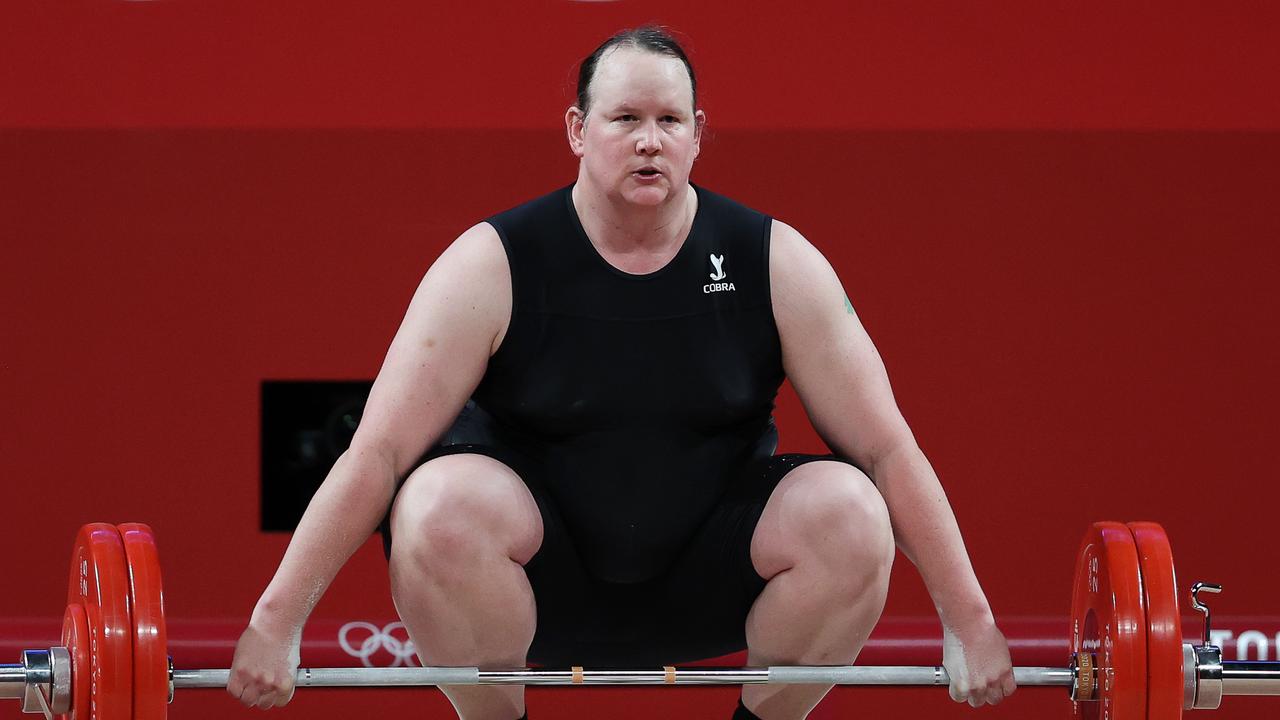

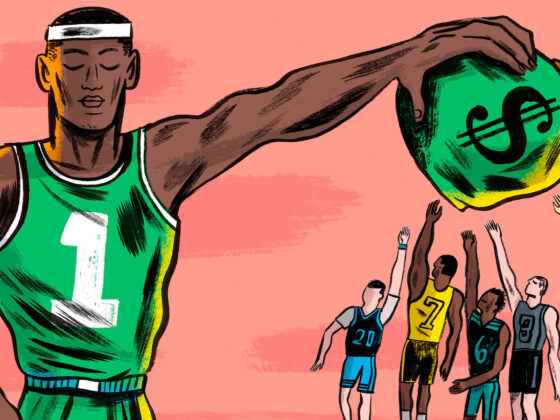
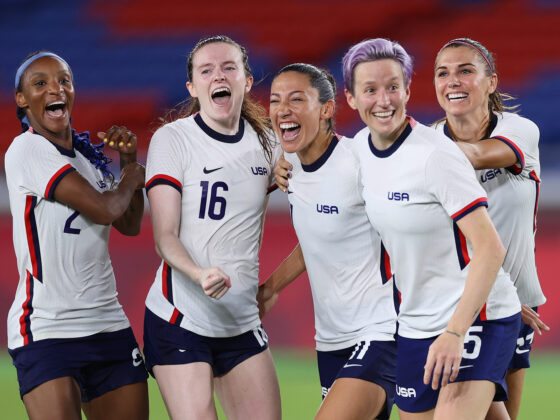

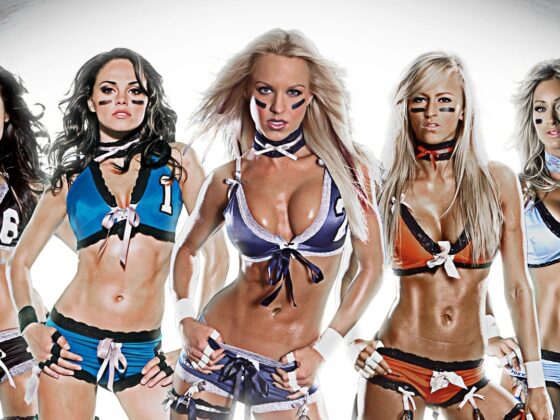
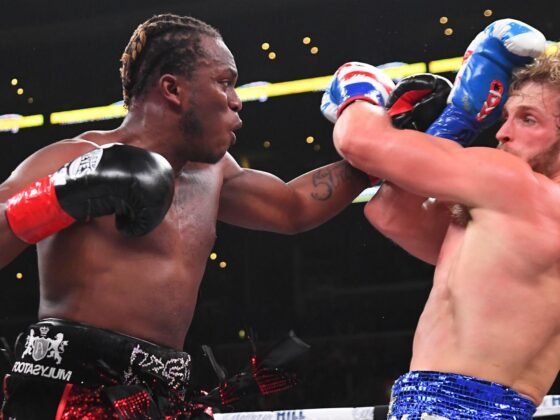


3 comments
Transgenders in the Olympics: Unfair Advantage?
very interesting
Thanks for sharing really an informative text.
Thank you so much for making this exquisite page.